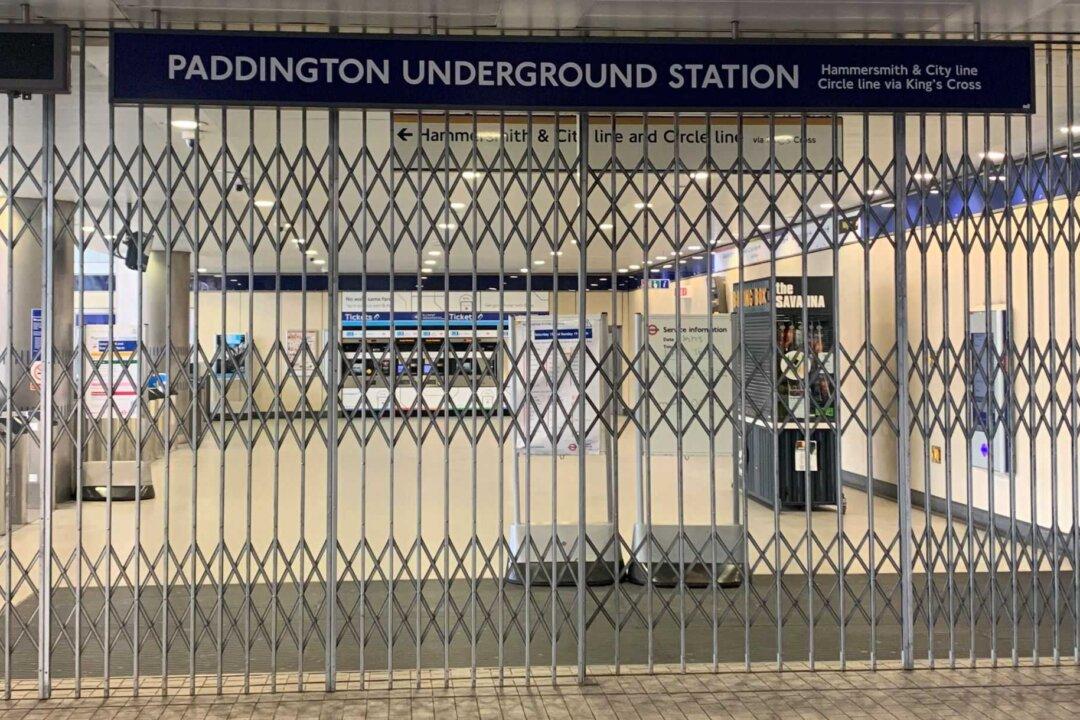Millions of commuters in London have been hit by a Tube strike called by the two big trade unions, ASLEF and the Rail, Maritime and Transport union (RMT).
The strike coincided with industrial action by up to 500,000 junior doctors, teachers, civil servants, lecturers, BBC journalists, and Amazon workers.





